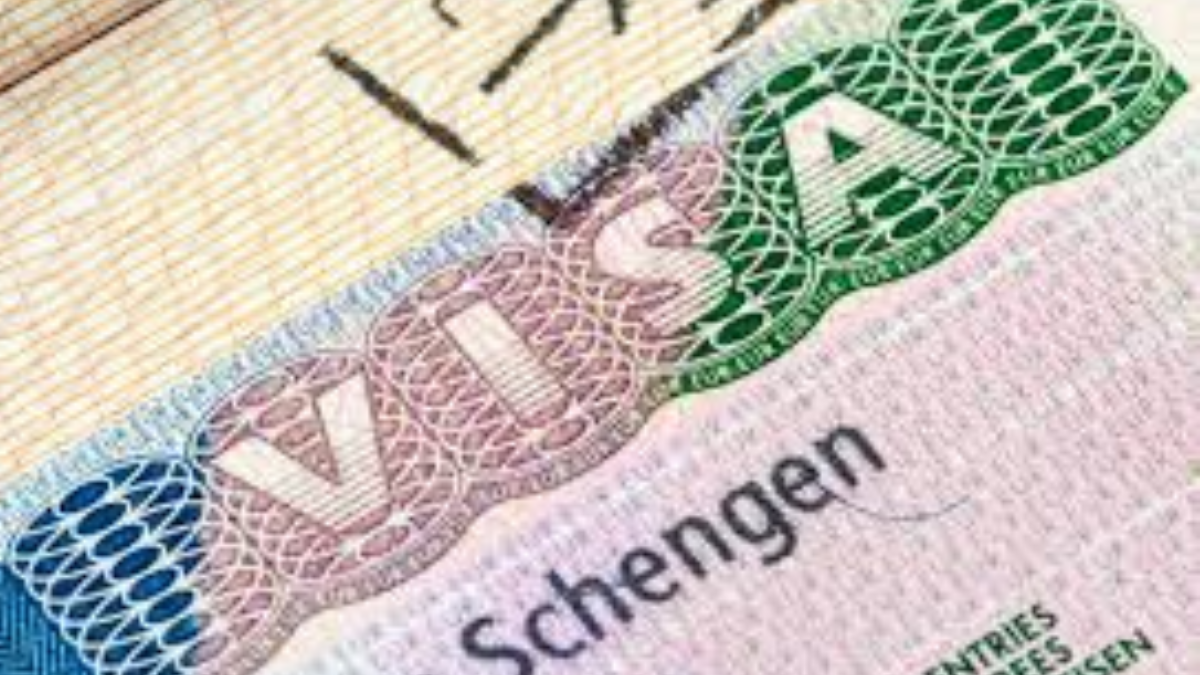An Indian traveller faced visa refusal from the Austrian Embassy despite providing all required documents and having prior Schengen travel history, raising questions about the opaque nature of visa decisions and embassy communication.
The traveller, who had planned a multi-country European trip spanning Croatia, Slovakia, Slovenia, Austria, Czechia, and Hungary—with Austria as the main destination—applied for a Schengen visa nearly four months in advance through VFS Kolkata. To their surprise, the application was rejected on the grounds of “lack of internal means of transportation.”
“We had previously travelled on Schengen visas and were never asked to submit internal transport bookings,” the traveller told us. “This time, despite sufficient funds and a complete application, the visa was denied.”
Undeterred, they promptly emailed the Austrian Embassy with newly booked train and bus tickets between cities. However, the embassy’s responses were generic and non-committal, offering no clarity on whether the new documents would make a difference. “It was frustrating. They wouldn’t give any specific answers,” the traveller said.
After about two weeks of silence, the embassy responded, asking the applicant to resubmit their passport and email the documents to the nearest VFS centre. Two weeks later, they received their passport stamped with a Schengen visa valid for exactly 22 days—matching their travel itinerary.
One user said, “Good outcome. If the visit involves multiple countries then evidence of travel between countries need to be included. Though sometimes this is overlooked but it’s always better to provide those details upfront.”
Another added, “Same, I also applied to Austrian visa, got rejected I missed one document, instead of an email I couriered them with extra documentation and I got the response the very next day via email to resubmit my passport.”

